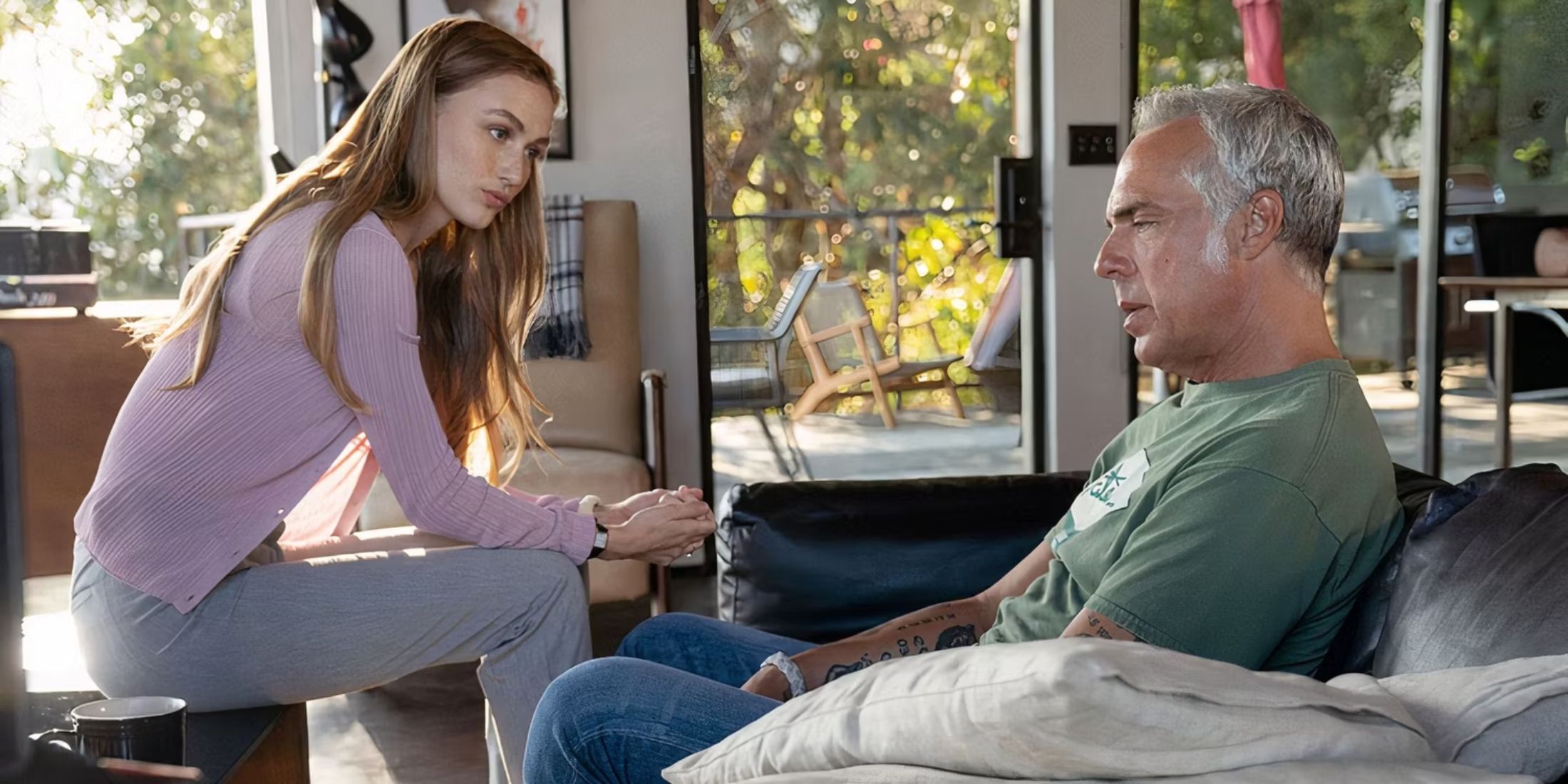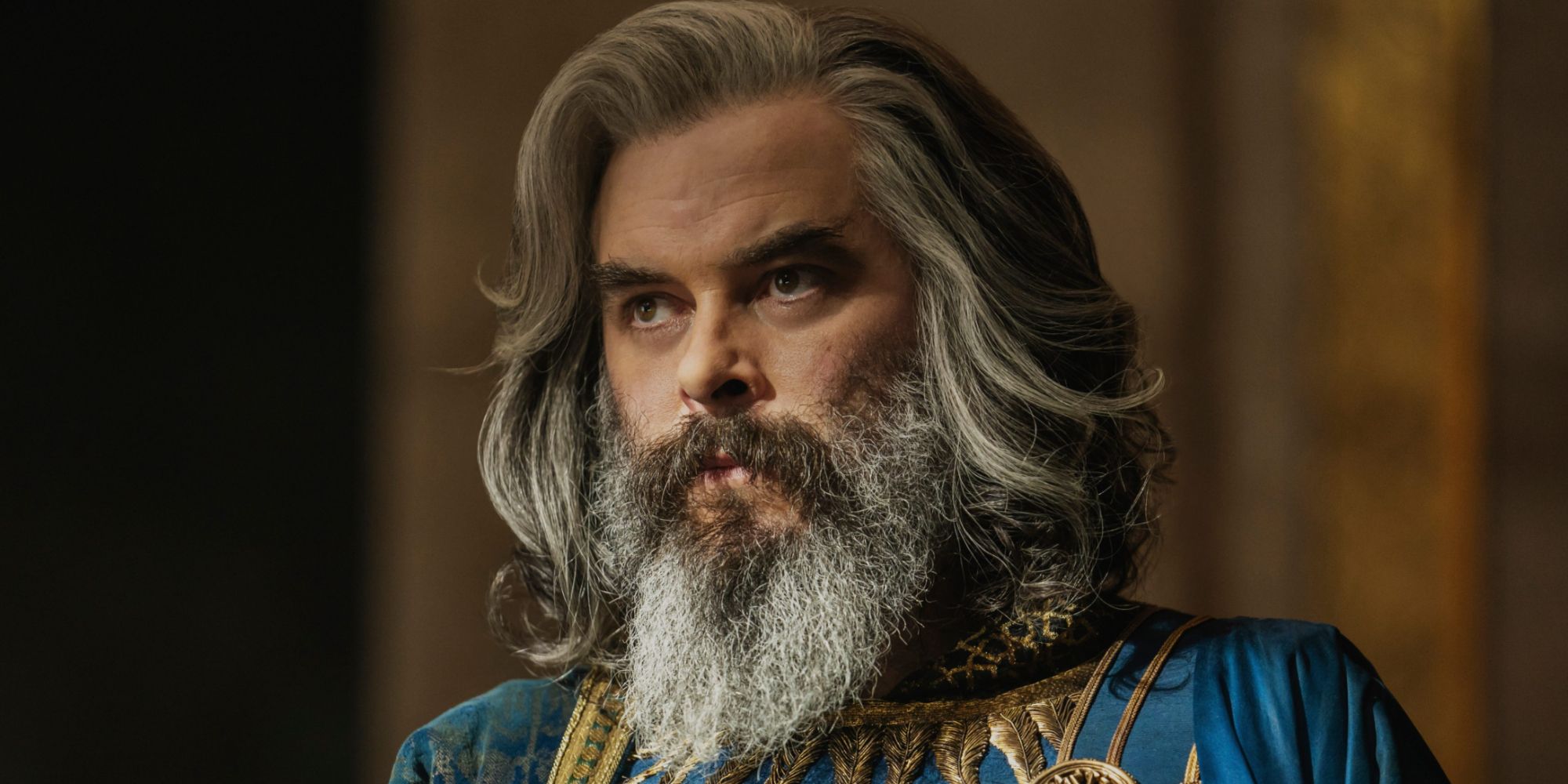The question of immortality is something that has been around for centuries in literature, science, and supernatural studies. From the vampire who is frozen in time, perfectly preserved in their most beautiful form, to the cunning scientist who creates a cure for human aging, a way to evade death has always been held as this pinnacle of human existence. However, the works of J.R.R. Tolkien present an interesting viewpoint on immortality, one that may actually counter the illusive idea of never-ending life. It is held and understood by fans of the Lord of the Rings franchise that elves in Middle Earth are, in many ways, considered superior to other races because of their long lives, which have given them time to refine amazing skills around battle, culture, wisdom, and allyships. But could it be possible that the elves actually envy the humans their mortal lives?
It may sound counterintuitive, but there is definitely a sense among the older elves of the world, the ones who have lived through the wars, and the rises and falls in evil, that a short but well-lived and deeply fulfilling time on the earth may actually be far better than the ageless existence they are used to. This is represented in many ways within the Peter Jackson film adaptations of the trilogy, by Arwen’s famous quote to Aragorn “I would rather live one lifetime with you than face all the ages of this world alone.”
A mortal cannot go to the Undying Lands without the ‘gift of the Valar’. This is a fundamental moment in Middle Earth history, when the Valar offered the choice of immortality to a line of elves, so that they may spend their days on Middle Earth, guiding and shaping the humans who needed them, and then retire back to the sacred lands of Valinor to live out the rest of their existence in peace. This is the story of Elrond's father, who was the first to be offered the gift. It is a gift that entire wars were fought over, as some chose to accept immortality whilst others did not, and their descendants later came to resent the decisions made before them.
In fact, the very downfall of Numenor was brought about because Sauron convinced PharAzon to sail to Valinor and demand that the high beings there granted the gift of immortality to their people. Sauron was able to plant a seed of jealousy in the hearts and minds of men, and make them believe that they had been cheated out of the privilege of never-ending life when their ancestors had chosen to become mortal and live the rest of their days as humans in Middle Earth. The Valar were so outraged by the rebellion that they send a ferocious wave to wash away the Numenorian battleships that approached, and it ended up bringing the downfall of Numenor too, as it washed the whole city away.
The elves, on the whole, believed these actions to be very foolish, and saw the humans as undeserving of immortal life, which did indeed contribute towards the air of privilege and superiority that can be seen depicted in Thranduil being so cut off from the world and the suffering of others in The Hobbit franchise. He tells Thorin in the film “100 years is but the blink of an eye in the life of an elf”, which is said almost as a boast, but actually was something that had only made him bitter and angry in his long life. The oldest and most compassionate elves in Middle Earth had a love and compassion for the humans, and admired the way they lived their lives, because the fleeting years that mortals possessed made them try to live each year to the full. Human relationships burned more brightly, their kingdoms rose and fell more swiftly, and their zest for adventure and progress and true connection grew out of the necessity of knowing that it wouldn’t last forever.
That’s why elves like Galadriel and Elrond longed to return to the Undying Lands, to escape the never-endingness of Middle Earth, so that they may find some peace and some closure after their long long days of guiding humanity. This is also one of the reasons why Elrond tries to make Arwen leave Middle Earth despite knowing that if she did, she would never have her sons and daughters with Aragorn, because he wanted her to have an end to the immortal dread of years spent watching the world go by with no end in sight.
Towards the end of the Third Age of Middle Earth, when the elves longed for the sea and began leaving on great ships to head back to Valinor, it was finally realized by most of their race that immortality wasn’t all it was cracked up to be. Especially after the suffering caused by Sauron’s evil, and by Morgoth’s before him during the first and second age, the thought of going back to Valinor when they had the chance became more and more impressed upon those who had previously thought of death as a waste. Perhaps time running out was the true gift after all.






